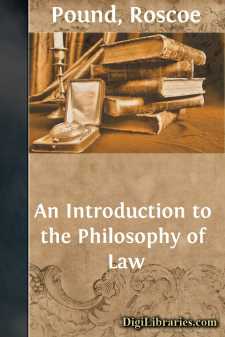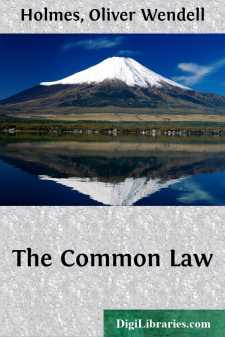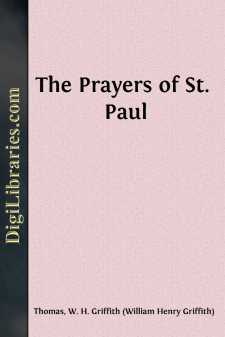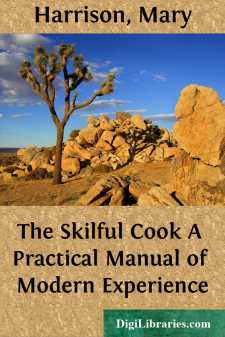Categories
- Antiques & Collectibles 13
- Architecture 36
- Art 48
- Bibles 22
- Biography & Autobiography 813
- Body, Mind & Spirit 142
- Business & Economics 28
- Children's Books 15
- Children's Fiction 12
- Computers 4
- Cooking 94
- Crafts & Hobbies 4
- Drama 346
- Education 46
- Family & Relationships 57
- Fiction 11828
- Games 19
- Gardening 17
- Health & Fitness 34
- History 1377
- House & Home 1
- Humor 147
- Juvenile Fiction 1873
- Juvenile Nonfiction 202
- Language Arts & Disciplines 88
- Law 16
- Literary Collections 686
- Literary Criticism 179
- Mathematics 13
- Medical 41
- Music 40
- Nature 179
- Non-Classifiable 1768
- Performing Arts 7
- Periodicals 1453
- Philosophy 64
- Photography 2
- Poetry 896
- Political Science 203
- Psychology 42
- Reference 154
- Religion 513
- Science 126
- Self-Help 84
- Social Science 81
- Sports & Recreation 34
- Study Aids 3
- Technology & Engineering 59
- Transportation 23
- Travel 463
- True Crime 29
An Introduction to the Philosophy of Law
by: Roscoe Pound
Description:
Excerpt
The Function of Legal Philosophy
For twenty-four hundred years—from the Greek thinkers of the fifth century B. C., who asked whether right was right by nature or only by enactment and convention, to the social philosophers of today, who seek the ends, the ethical basis and the enduring principles of social control—the philosophy of law has taken a leading rôle in all study of human institutions. The perennial struggle of American administrative law with nineteenth-century constitutional formulations of Aristotle's threefold classification of governmental power, the stone wall of natural rights against which attempts to put an end to private war in industrial disputes thus far have dashed in vain, and the notion of a logically derivable super-constitution, of which actual written constitutions are faint and imperfect reflections, which has been a clog upon social legislation for a generation, bear daily witness how thoroughly the philosophical legal thinking of the past is a force in the administration of justice of the present. Indeed, the everyday work of the courts was never more completely shaped by abstract philosophical ideas than in the nineteenth century when lawyers affected to despise philosophy and jurists believed they had set up a self-sufficient science of law which stood in no need of any philosophical apparatus.
In all stages of what may be described fairly as legal development, philosophy has been a useful servant. But in some it has been a tyrannous servant, and in all but form a master. It has been used to break down the authority of outworn tradition, to bend authoritatively imposed rules that admitted of no change to new uses which changed profoundly their practical effect, to bring new elements into the law from without and make new bodies of law from these new materials, to organize and systematize existing legal materials and to fortify established rules and institutions when periods of growth were succeeded by periods of stability and of merely formal reconstruction. Such have been its actual achievements. Yet all the while its professed aim has been much more ambitious. It has sought to give us a complete and final picture of social control. It has sought to lay down a moral and legal and political chart for all time. It has had faith that it could find the everlasting, unchangeable legal reality in which we might rest, and could enable us to establish a perfect law by which human relations might be ordered forever without uncertainty and freed from need of change. Nor may we scoff at this ambitious aim and this lofty faith. They have been not the least factors in the power of legal philosophy to do the less ambitious things which in their aggregate are the bone and sinew of legal achievement. For the attempt at the larger program has led philosophy of law incidentally to do the things that were immediately and practically serviceable, and the doing of these latter, as it were sub specie aeternitatis, has given enduring worth to what seemed but by-products of philosophical inquiry.
Two needs have determined philosophical thinking about law....












